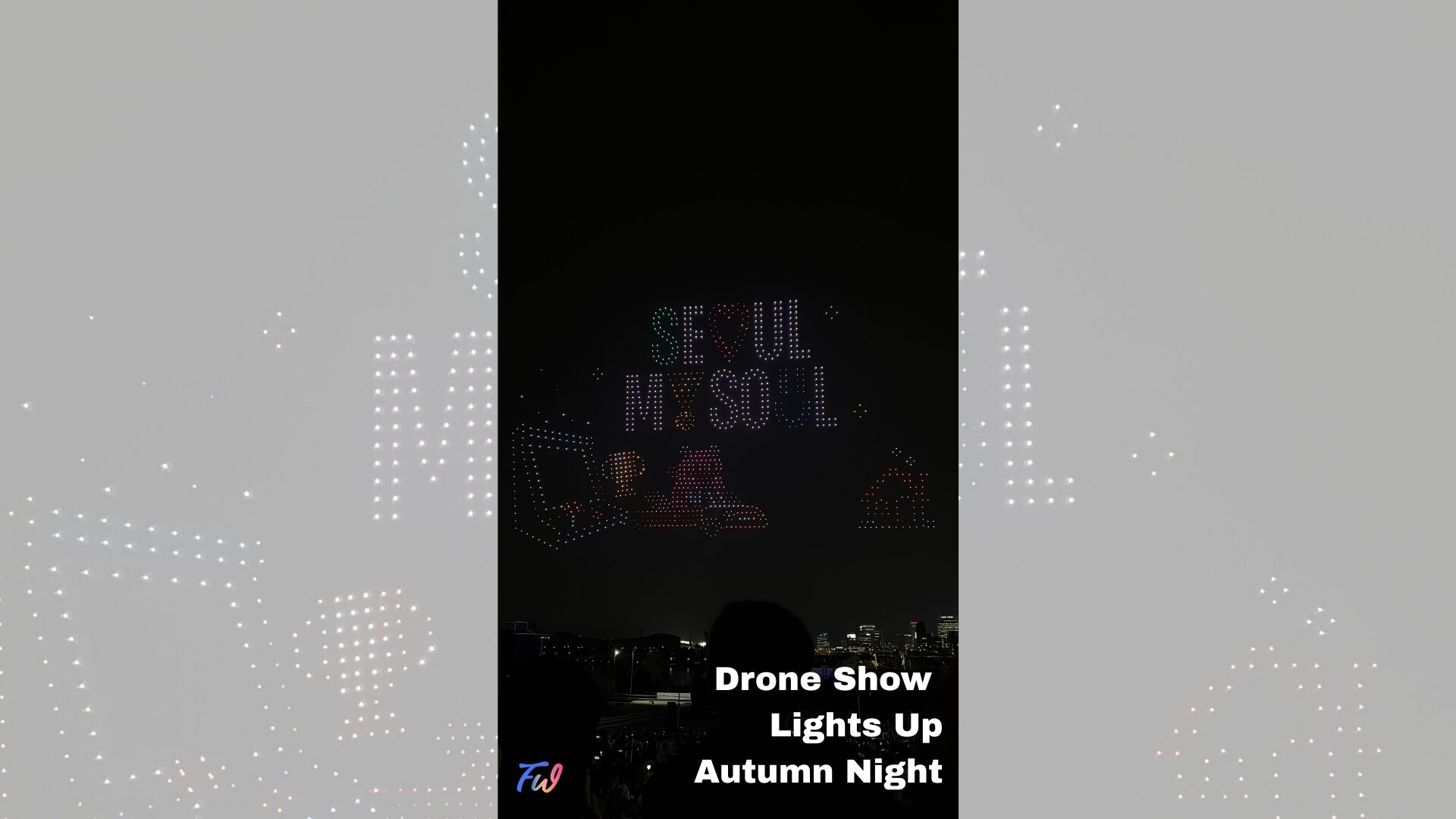📌 Introduction
On June 3, 2025, South Korea will hold a special presidential election to choose its next leader. This election comes at a critical time in the country’s political landscape and has drawn widespread attention both domestically and internationally.
If you’re a foreign resident in Korea or simply following Korean politics from abroad, this article offers a clear breakdown of why this election is happening, who is running, and how the voting process works.
🗓️ Why Is There a Presidential Election in 2025?
This year’s presidential election is not part of the regular five-year cycle. It is being held early due to the impeachment of former President Yoon Suk-yeol. According to the South Korean Constitution, a new election must be held within 60 days after a presidential vacancy.
As such, the 21st presidential election is scheduled for Tuesday, June 3, 2025, and it has been designated a temporary national holiday.
👤 Who Can Vote?
All South Korean citizens aged 18 or older (born on or before June 4, 2007) are eligible to vote.
Foreign residents in Korea cannot vote in presidential elections, though they may be eligible to vote in local elections depending on residency status and other criteria.
🧑🤝🧑 Who Are the Candidates?
As of this article’s publication, major political parties have fielded prominent candidates. While the political landscape is dynamic, the key candidates include:
- Lee Jae-myung (Democratic Party) – Former Gyeonggi Province Governor and 2022 presidential runner-up
- Han Dong-hoon (People Power Party) – Former Minister of Justice and a rising conservative figure
- Sim Sang-jung (Justice Party) – Longtime progressive and advocate for labor rights
Note: The list above reflects publicly available candidate profiles as of early June 2025. For the most updated information, refer to official election resources.
🗳️ When and How to Vote
✅ Election Day Voting (June 3, 2025)
- Time: 6:00 AM – 8:00 PM
- Where: At your designated local polling station (based on your registered residence)
- What to Bring: A valid form of identification (Resident Registration Card, driver’s license, passport, or mobile ID)
🕊️ Early Voting (Already Concluded)
Early voting took place from May 29 to May 30, 2025, and was available nationwide, regardless of residence. Voters could cast their ballots at any early voting location across the country.
🧾 What Is the Voting Process Like?
- Present your ID to election officials
- Verify your information and sign the voter list
- Receive your ballot(s)
- Go into a private booth and make your selection
- Fold your ballot and deposit it into the official ballot box
For out-of-district voters (voting outside your registered area), your ballot may be sealed in a special envelope and returned to your home district for counting.
🌐 Where to Find More Information
For accurate and official details, please refer to:
- National Election Commission of Korea (NEC): http://www.nec.go.kr
- Polling station locator (Korean only): http://si.nec.go.kr
- Local government websites for foreign language support
🕊️ Closing Thoughts
South Korea’s democracy continues to evolve with active civic participation. This special presidential election marks a significant moment in the nation’s history, following an unexpected change in leadership.
Whether you’re a foreigner living in Korea or watching from abroad, we hope this article helps you better understand the importance, process, and context of the 2025 South Korean presidential election.





